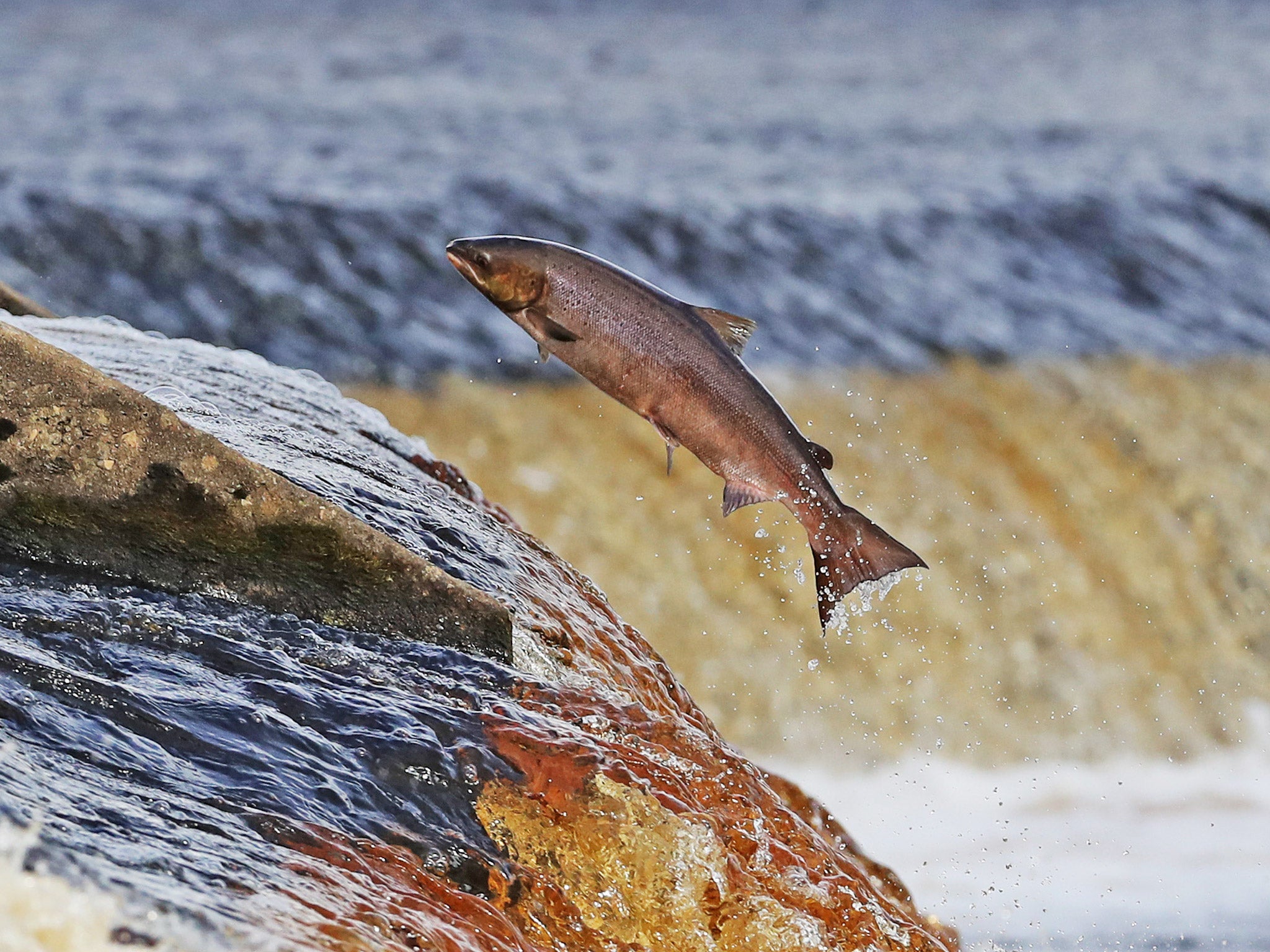Nature – the world's most productive factory – is under threat
No one in a company would accept that the most important part of their business has become 58 per cent worse since 1970, or faces a forecast decline of 67 per cent by 2020. Yet this is what is happening to nature

WWF’s Living Planet Report is one we read closely each time its published. It provides us with a clear insight into how the world’s biggest and most important “factory” – nature – is performing.
What the report shows sadly, is that this “factory” is under pressure. No one in a company would accept that the most important part of their business has become 58 per cent worse since 1970, or faces a forecast decline of 67 per cent by 2020. Yet this is what is happening to nature according to the Living Planet Report. Our natural assets – forests, soil, fish, water – are not being replaced at the rate we are using them.
And boy is this important. Without nature we have no wool or cotton to make clothes; no fish, fruit, vegetables or crops to feed people; no atmosphere or oceans to absorb the waste that our way of life produces. Our entire, globally growing, economy needs nature for every product and service we consume daily.
I use the word “factory” uncomfortably. Nature cannot be shrunk to an asset on the annual company balance sheet. It’s got to have a higher meaning in our lives, something to be cherished, nurtured and handed across safely to the next generation. But I use it deliberately and provocatively because right now that’s how the world is using it.
But there is good news on the horizon. Global leaders have agreed two important agreements in the past 12 months. In New York they adopted the 17 Global Goals committing us to tackle poverty, equality, protecting the oceans and forests and, critically, finding a new, more sustainable way to consume. And in Paris, last December they agreed a far reaching treaty to tackle the rapidly growing threat of climate change. In both cases, companies such as Unilever, BT and M&S were vocal champions for strong action.
But strong action cannot be confined to words on treaties. Companies need to champion nature in everything they do. Every factory, every farm, every store, every forest, every cotton field, every fishery they use.
And this is what we’ve done at M&S over the last decade with our sustainability programme – Plan A (because there is no Plan B for the one Planet we have!). We’ve set bold targets to ensure we are using resources sustainably. For example, 97 per cent of our wood, 90 per cent of our fish, all our palm oil, coffee and tea is coming from a sustainable source. We’ve been working with farmers across the British Isles and overseas to improve standards too. But we know this is a beginning not an end.

We must also be very clear this is not about extracting a “green premium” from consumers. Many companies are now seeing that protecting nature doesn’t cost more. It actually saves money as we use less chemicals. It improves product quality as we produce more carefully. It inspires new designs. It provides new, healthier raw materials. It improves supply chain efficiency as we get more insight on how and where products are produced. It protects our shops, factories and farms from flooding.
And new alliances such as the Tropical Forest Alliance are bringing business, Government and NGOs together to scale solutions globally more quickly than action alone.
It’s good to see these improvements happening but as the Living Planet Report shows, time is not on our side. We need to redouble our efforts to shift our thinking beyond nature as a “factory” to recognising that nature and human life exist as an ecosystem of mutual dependence.
Mike Barry is the director of sustainable business (plan A) at Marks & Spencer
Join our commenting forum
Join thought-provoking conversations, follow other Independent readers and see their replies
Comments
Bookmark popover
Removed from bookmarks